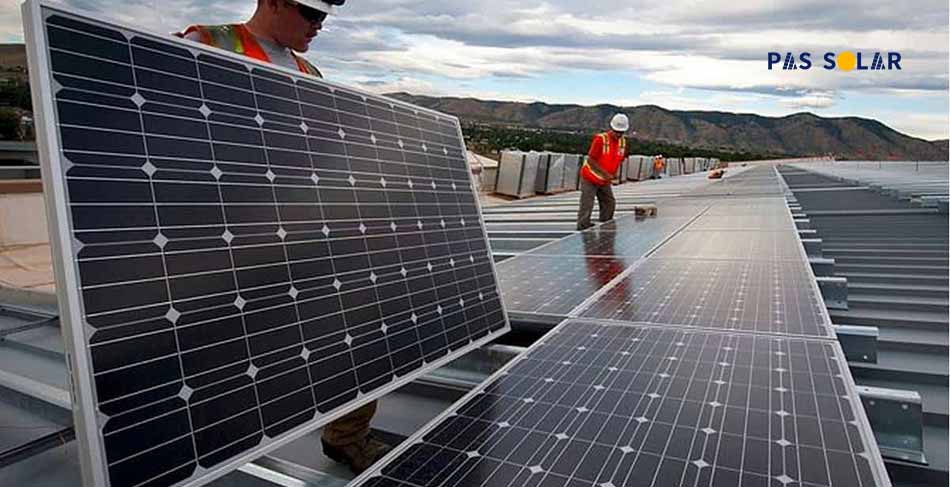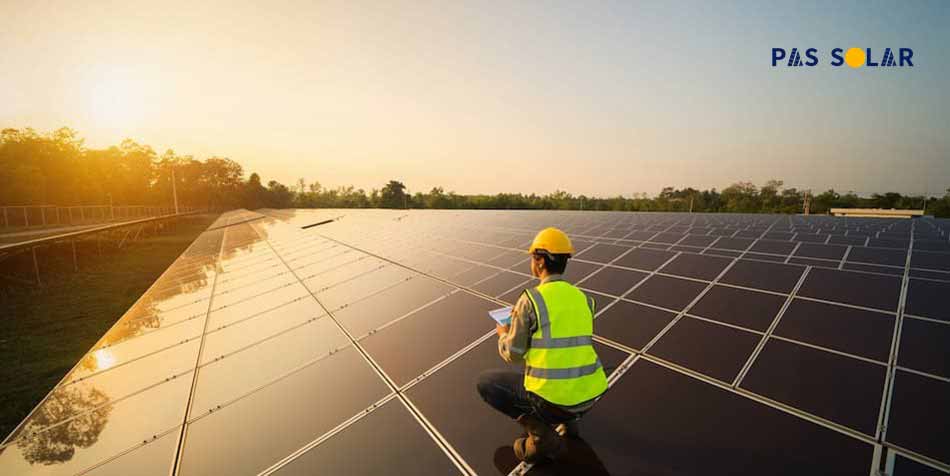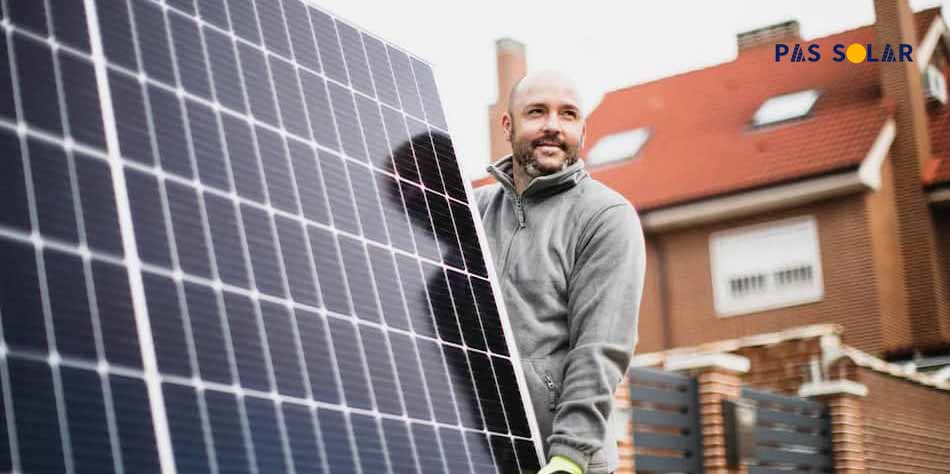If you are in the solar panel market, it is understandable if the high price makes you pause. Residential solar panels cost homeowners around $16,000 when paid for outright. The actual total cost of installing solar panels can be as high as $35,000, but programs that enable homeowners to finance solar panels can cut the cost by almost half.
Switching to solar energy is certainly a big investment, but it can pay off with lower utility costs. This guide to finance solar panels explains your options to help you foot the bill when you’re thinking of converting your home to alternative energy. So, is it worth it to finance solar panels?
4 points before financing solar panels
-
Cash
We’ll start with the most obvious option for financing solar panels: cash. As with any other home improvement project, if you have extra money in the bank, you can contact a solar panel suppliers in Dubai and pay for solar panel installation directly.
It’s a good move if you plan on staying in your current home for years to come, because with each passing month, what you would normally pay for electricity stays in your pocket. If you own your solar panels outright, you can also immediately take advantage of the generous discount and tax benefit.
Pro: You benefit from the maximum savings from your solar purchase when you finance solar power, including all tax incentives and rebates.
Cons: You lose money unless you plan on staying indoors for years.
-
Solar loan
What’s the best way to finance solar panels? With a solar loan, you can finance solar panels – as the name suggests. These are loans that are expressly intended to finance solar systems. With a solar loan, you can have the panels installed and start powering your home right away with little to no money. The payment schedule includes monthly payments over some time with interest.
Solar loans are an interesting option for homeowners who want to finance solar panels. The reason is that you can afford the solar loan payments when you can already pay your electric bills. Again, the panels are yours entirely, meaning you’re also on the lookout for any maintenance or service they might need over time.
Pro: You can benefit from tax refunds and incentives as if you were paying for them directly.
Disadvantage: You are responsible for their maintenance even though you don’t fully own them yet.
-
Solar Leases or Power Purchase Agreements (PPA)
In some states, homeowners can lease solar panels or finance solar panels through Power Purchase Agreements (PPAs). With these leases, or PPAs, a third party owns and installs the solar panel system on your roof, and you then pay that third party for your energy each month. You’ll save money – typically around 10% to 30% below your current monthly bill. Some PPAs tie you to a set interest rate, but others have a payment schedule that increases each year.
There are some serious downsides to solar leases or PPAs. Like leasing a car, you’re paying for something you don’t own. Therefore, you cannot take advantage of tax rebates or other incentives that come with full ownership of these solar panels.
While it’s true that a solar power system can increase the value of your home when it’s resold, it’s different if you finance solar panels, as you may not be able to transfer ownership easily – and the new buyer may not want the solar panels to begin with. In the latter case, you can expect a high cancellation fee.
It’s also worth noting that financing solar panels, or PPAs, can have complications when it comes time to sell your home. If the new owner wants to take over the lease, it can probably be transferred. If not, however, it could be costly to have those solar panels removed, defeating the purpose of getting the solar panels in the first place. Therefore, it is wise to do your research and see if there are any solar rental terms that are either flexible or consistent with the schedule you plan to spend in your home.
Pro: You can lower your monthly electricity bill.
Disadvantage: There are no tax advantages or rebates, and there could be problems with resale.
-
Cash Out Refinance or HELOC
If you were thinking “can I finance solar panels like the Canadian Solar Panels?” we should tell you there are government programs that can help you with that. Besides working directly with the solar panel manufacturer’s financing department, there are other ways to secure financing for your solar panel installation. If you’re in the market to finance solar panels, you might consider a payout refinance. This allows you to extract cash from your home’s equity, which homeowners often set aside for necessary home improvements or to pay off other debts.
If you are thinking “should I finance solar panels?” we need to tell you that a different financing option is the home equity line of credit (HELOC). This allows you to tap into your home’s equity and use it as a lower-interest credit card, giving you access to cash for home equity projects.
Pros: You have access to cash or a low-interest loan to pay for the solar panels.
Cons: Refinance and HELOC applications can take some time to process.





